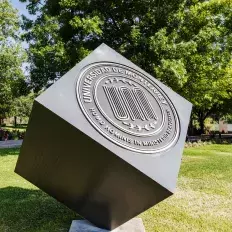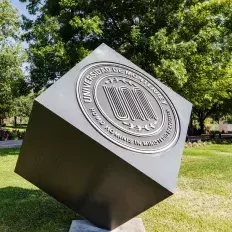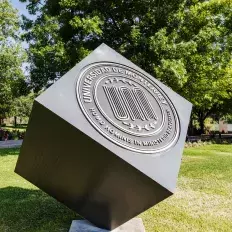Description
In the Master in Humanities you will become an expert capable of improving the quality of institutions, based on a humanistic understanding of the economic and socio-cultural reality that prevails in the environment, with emphasis on Latin America.
In addition, you will contribute significantly to improve the design and execution of personal and institutional projects, providing optimal and contextualized solutions to the social environment.
years duration.
courses to be taken in this program.
Objective
You will understand and assess the main problems of contemporary cultural reality, at the regional, national, and international levels, thus being able to propose viable services.
Student Learning Outcomes
- To upgrade and go deeper into the knowledge of the main problems of contemporary cultural reality at the regional, national, and international levels.
- To assess the main problems of contemporary cultural reality at the regional, national, and international levels, and propose viable solutions.
- To apply scientific research to various sociocultural contexts.
- To master basic professional skills (problem solving, ethical decision-making, negotiation, and application of reasoning in logic and communication) for the performance of their work duties.

Admission Profile
In order to pursue the Master’s degree program in Humanities, you must:
- Hold an undergraduate degree program.
- Be interested in broadening your vision of culture and society’s processes from an analytical and multidisciplinary viewpoint.
- Be willing to specialize and go deeper into the study of Humanities.
Graduate Profile
Upon completion of this master's degree program, you will have acquired the following knowledge:
- Theoretical approaches to philosophical and historical reflection in the present time.
- Theoretical approaches to artistic and literary production in current times.
- Knowledge to identify trends and draw scenarios on specific topics in regional, national and global contexts.

Upon completion of this master's degree program, you will have acquired the following skills:
- Art criticism.
- Oral, written, and iconographic communication.
- Problem solving.
- Negotiation.
- Ethical decision-making.
- Teamwork.
- Creativity.
- Innovative problem solving.
- Diagnosing, analyzing, and summarizing.

Upon completion of this master's degree program, you will have acquired the following attitudes:
- Ethical sense.
- Responsibility.
- Respect and tolerance.
- Permanent updating.
- Proactivity.
- Criticism and proposal.

Live an experience abroad
Have an academic experience abroad for a summer, a semester or a year.
See moreCurriculum
Consult the courses that you will take in the Master’s Degree in Humanities.
In these first three periods you will take the subjects of the Specialization of your choice.
| Course | Credits |
|---|---|
| Philosophy, education and ethics | 3 |
| Sociology and anthropology of education and culture | 3 |
| Humanities in the digital era | 6 |
| Course | Credits |
|---|---|
| Contemporary cultural crises | 6 |
| Hermeneutics in humanities | 6 |
| Course | Credits |
|---|---|
| Integration project | 6 |







